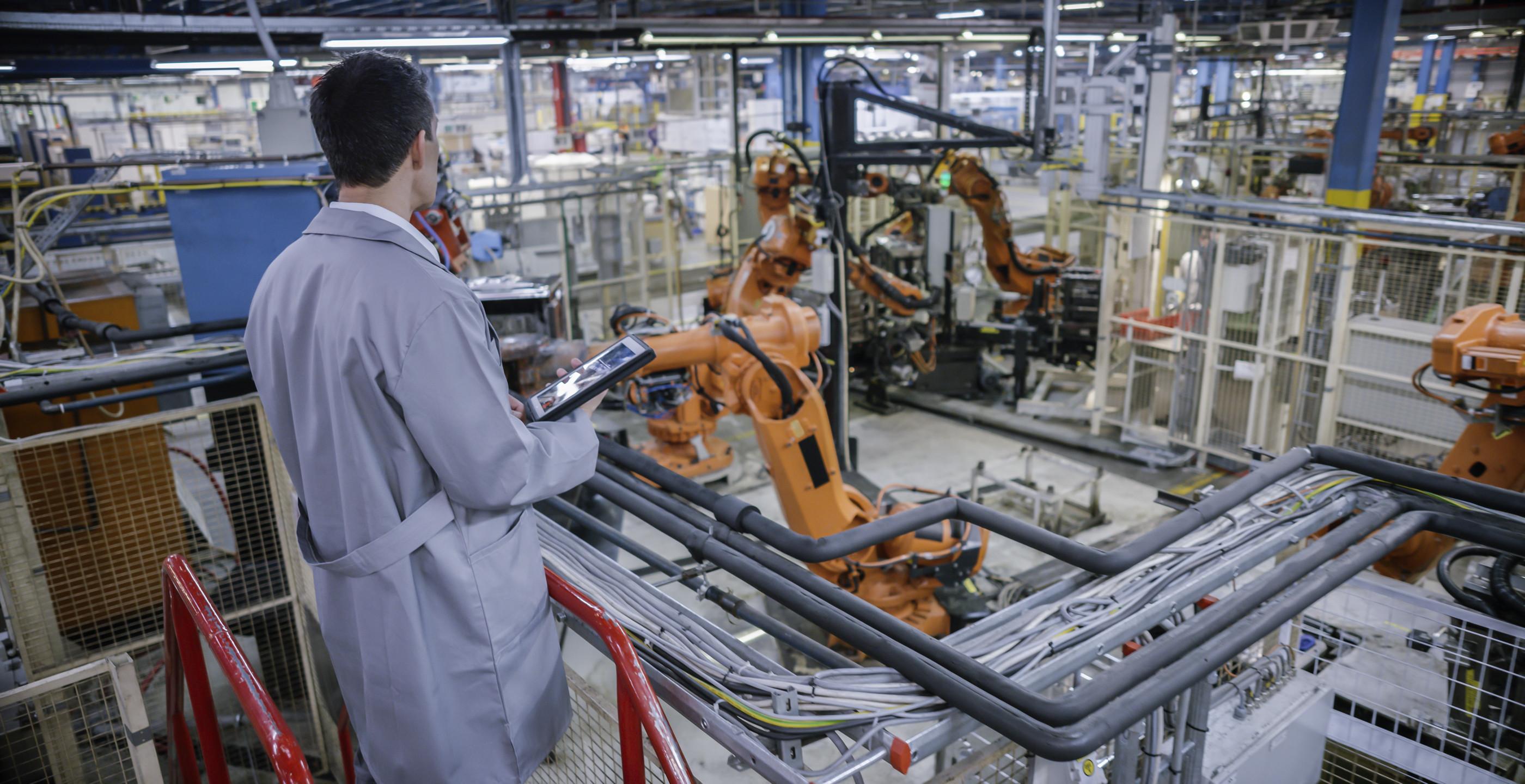3 Trends Shaping The Manufacturing Industry
Matt Logan | Forbes Magazine
3 Trends Shaping The Manufacturing Industry
Manufacturing is a dynamic industry that touches every aspect of our daily lives. Whether it is the packaging on your morning cereal, the chord used to plug in your phone at night, the battery that keeps your EV car running, or the valve or pacemaker keeping your loved one alive, each material and solution was sourced by engineering professionals and built in a manufacturing facility. The manufacturing umbrella is all-encompassing, ranging from automation, plastics, clean energy, high-tech chips & boards, packaging materials and medical devices to material processing and handling like powder and bulk solids. The possibilities are endless and a part of our everyday lives. The value added to the manufacturing market is projected to amount to $2 trillion this year, underscoring the industry's growth potential.
The manufacturing industry also works to solve today’s most pressing challenges. In the medical design and technology trade, for example, researchers and designers are working alongside medical and technology professionals to accelerate industry connections to make the life-saving products of tomorrow. In the advanced battery sector, the rapid need for the manufacturing of advanced battery products is constantly evolving with new regulations and best practices for resource processing and storage, as seen through the increasing global use of electric vehicles and battery demand.
With close proximity to the manufacturing industry as EVP of our company's engineering arm, I'd like to share a few trends that I believe will lead the pack over the next few years.
Artificial Intelligence And Machine Learning
Artificial intelligence (AI) is a prevalent theme in the world's advanced technology-based manufacturing industry because of its potential capabilities surrounding productivity and collecting data analytics through machine learning.
In a 2023 survey, 86% of manufacturing executives said they believe smart factory solutions will be primary drivers of competitiveness over the next five years.
It is important for companies to understand AI and machine learning’s potential by investing the time and resources to learn the ins and outs of its usage. AI can significantly improve productivity for organizations, especially in manufacturing. For example, implementing machine-learning algorithms in manufacturing projects can support product design and speed up the assembly process. This could improve workflow and create new designs that can help new business and sales developments.
Sustainability
Sustainability is also a critical area for education, as companies start to increase efforts to meet environmental, social and governance (ESG) goals and look for efficiencies to increase their bottom line. Sustainable manufacturing needs to be at the core of all forward-facing decisions for manufacturing, but it is most prevalently recognized in plastics and packaging.
Organizations also need education and support to navigate the changing environment of production, especially as new laws come into effect like California’s recently passed legislation, the Plastic Pollution Prevention and Packaging Producer Responsibility Act (SB 54), requiring manufacturers to embrace more sustainable practices in hopes to reduce waste from single-use plastic products and packaging.
If you're looking to start making eco-friendly changes but don't know where to start, I always recommend researching what is available and then developing a plan that fits your company’s sustainability needs. A change can be as small as adding recycling bins to the office or swapping out materials for more eco-friendly options. Sustainability practices can also be a great way to engage employees.
Clean Energy And Advanced Battery Technology
Lastly, we are seeing significant growth and profitability in the clean energy trade. Increasing energy productivity through advanced manufacturing is another way to include sustainable practices in business developments and reduce manufacturing energy costs. Advanced battery technology, for instance, can help lessen climate pollutants through alternative fuel methods for automotives, helping reduce emissions for a cleaner planet.
In essence, the manufacturing industry is the quiet force shaping the world we live in, but not all businesses feel prepared to innovate to meet the needs of tomorrow. Understanding trends and priorities in the industry can help manufacturing professionals pave the way for a more connected, efficient, effective and innovative future.

